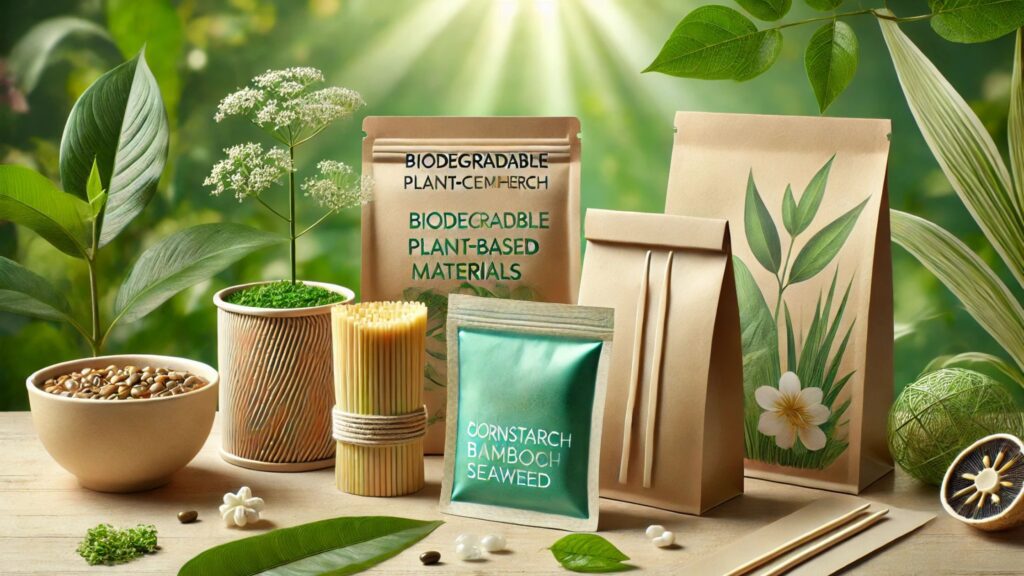In recent years, the demand for eco-friendly alternatives to traditional plastic packaging has surged. Consumers and businesses alike are seeking sustainable solutions to reduce environmental impact. One of the most promising innovations in this space is plant based packaging. This biodegradable and compostable alternative is revolutionizing industries while helping to combat plastic pollution.
What Is Plant Based Packaging?
Plant-based packaging refers to materials derived from renewable resources such as cornstarch, sugarcane, bamboo, and even seaweed. Unlike conventional plastics, which rely on fossil fuels, these sustainable materials break down naturally, leaving minimal environmental footprint.
Benefits of Plant Based Packaging
- Eco-Friendly and Sustainable
Plant-based packaging reduces reliance on non-renewable resources and decreases carbon emissions during production. - Biodegradable and Compostable
Many plant-based packaging materials decompose naturally, helping to minimize landfill waste and ocean pollution. - Safe and Non-Toxic
Unlike plastic packaging, which can release harmful chemicals, plant-based options are non-toxic and safe for food and beverage storage. - Supports a Circular Economy
By using renewable resources and promoting composting, plant-based packaging encourages a more sustainable production and disposal cycle.
Industries Embracing Plant Based Packaging
Several industries are leading the charge in adopting plant-based packaging:
- Food and Beverage: Restaurants, cafes, and food delivery services are using compostable plant-based containers and cutlery.
- Retail and E-Commerce: Sustainable alternatives to plastic mailers and shopping bags are growing in popularity.
- Cosmetics and Personal Care: Brands are replacing plastic tubes and bottles with biodegradable plant-based options.
Challenges and Future Outlook
Despite its many advantages, plant-based packaging faces challenges such as higher production costs and limited scalability. However, as technology advances and demand increases, costs are expected to decrease, making these solutions more accessible.
Governments and corporations are also playing a crucial role in promoting plant-based packaging through incentives and regulations. With continued innovation and consumer awareness, plant-based packaging is set to become the new standard in sustainable packaging solutions.
Final Thoughts
The shift towards plant based packaging is a crucial step in reducing environmental harm and promoting a greener future. By embracing these sustainable alternatives, businesses and consumers can contribute to a cleaner planet, one package at a time. The future of packaging is plant-based—are you ready to make the switch?
Related Articles
- Sustainable Packaging for Small Businesses: A Guide to Eco-Friendly Solutions
- Sustainable Shipping Packaging: The Future of E-Commerce
- Sustainable Cosmetic Packaging: A Greener Future for Beauty Brands
- Creative Eco Friendly Packaging: Innovations for a Sustainable Future
- Sustainable Packaging Ideas: Eco-Friendly Solutions for a Greener Future
- The Power of Custom Rigid Packaging: Elevate Your Brand with Premium Packaging Solutions
- The Future of Flex Packaging: Innovation, Sustainability, and Efficiency
- The Ultimate Guide to Rigid Packaging Boxes: Benefits, Uses, and Trends
- Rigid Packaging Examples: Durable and Protective Packaging Solutions
- Semi Rigid Packaging: The Perfect Balance Between Flexibility and Durability

